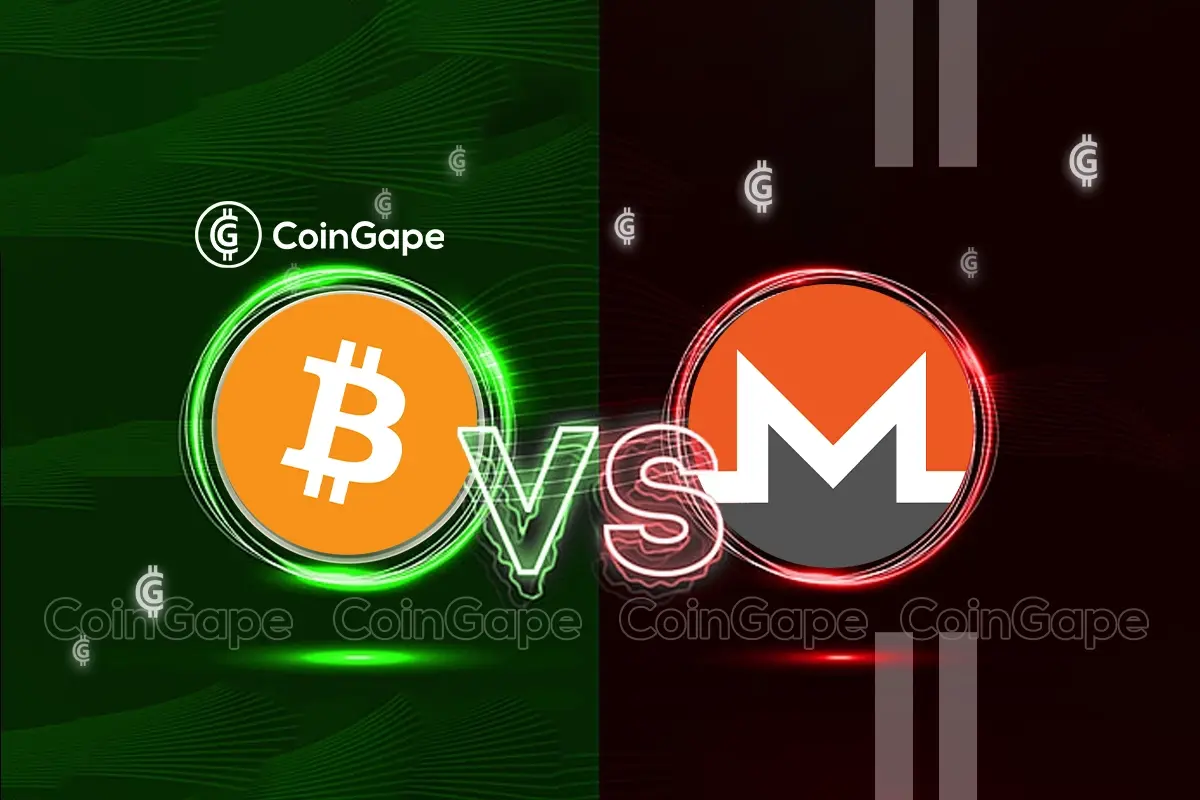What is better: Bitcoin or Monero? Comparative analysis
Bitcoin and Monero are two of the most prominent cryptocurrencies in the digital asset landscape, each with its unique features and value propositions. While Bitcoin pioneered the concept of decentralized digital currency and remains the largest cryptocurrency by market capitalization, Monero has gained attention for its focus on privacy and anonymity. In this comparative analysis, we will explore the strengths and weaknesses of both Bitcoin and Monero to determine which may be considered “better” depending on individual preferences and use cases and whether it is better to swap your Bitcoin to Monero or just keep it as it is.
All about Bitcoin
Bitcoin, often referred to as digital gold, was created by the pseudonymous Satoshi Nakamoto in 2009. It operates on a public ledger called the blockchain, where transactions are recorded transparently and immutably. Bitcoin’s primary appeal lies in its decentralization, security, and scarcity. With a fixed supply cap of 21 million coins, Bitcoin is designed to be deflationary, making it a potential hedge against inflation and economic uncertainty.
One of Bitcoin’s key strengths is its widespread adoption and acceptance as a store of value and medium of exchange. It has paved the way for the mainstream adoption of cryptocurrencies and has garnered support from institutional investors, financial institutions, and retail users alike. Bitcoin’s brand recognition and network effect contribute to its resilience and long-term viability as a digital asset.
However, Bitcoin’s transparency and pseudonymous nature mean that transactions can be traced back to their origin, potentially compromising user privacy. This lack of privacy has led to the development of privacy-focused cryptocurrencies like Monero.
All about Monero
Monero, launched in 2014, is renowned for its strong emphasis on privacy and fungibility. It utilizes advanced cryptographic techniques such as ring signatures, stealth addresses, and confidential transactions to obfuscate transaction details, ensuring that all transactions are private, untraceable, and unlinkable. This focus on privacy makes Monero a preferred choice for users who prioritize anonymity and confidentiality in their financial transactions when swapping coins on Letsexchange.io.
One of Monero’s primary advantages over Bitcoin is its enhanced privacy features, which offer users greater security and protection against surveillance and censorship. Monero’s privacy features make it inherently fungible, meaning that all coins are interchangeable and indistinguishable from one another, regardless of their transaction history. This fungibility ensures that all Monero coins have equal value and cannot be tainted by their past use, unlike Bitcoin, where coins associated with illicit activities may be subject to blacklisting or scrutiny.
However, Monero’s focus on privacy comes with trade-offs, including larger transaction sizes and higher fees compared to Bitcoin. Additionally, Monero’s privacy features have attracted scrutiny from regulators and law enforcement agencies, who argue that they enable illicit activities such as money laundering and illegal transactions. As a result, some cryptocurrency exchanges and platforms have delisted or restricted Monero trading, limiting its accessibility and liquidity.
Bottom line
In summary, the choice between Bitcoin and Monero ultimately depends on individual preferences, risk tolerance, and intended use cases. Bitcoin offers a proven track record, widespread adoption, and established network effects, making it a reliable store of value and medium of exchange. On the other hand, Monero provides unparalleled privacy and fungibility, appealing to users who prioritize anonymity and censorship resistance.
Ultimately, both Bitcoin and Monero play essential roles in the cryptocurrency ecosystem, offering distinct features and benefits to users worldwide. Whether you value transparency and mainstream acceptance or privacy and confidentiality, there is no definitive answer to the question of which is better. Instead, it is essential to weigh the strengths and weaknesses of each cryptocurrency and determine which aligns best with your specific needs and objectives.
This article was originally published by a coingape.com . Read the Original article here. .

